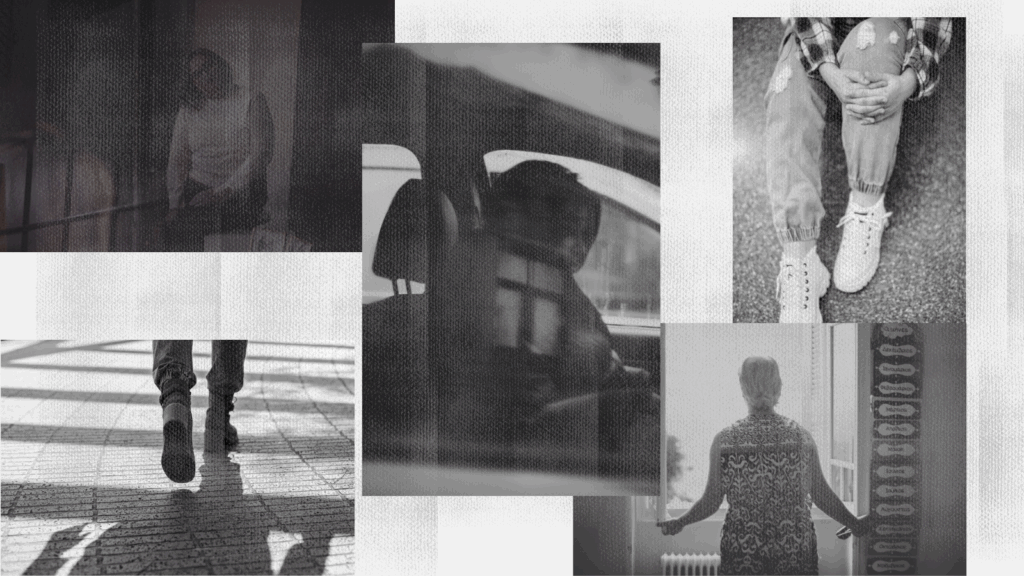Beyond Markets and Defence: We need a Stronger Social Europe
Yesterday’s State of the Union speech by European Commission President Ursula von der Leyen positioned Europe’s “Independence Moment” as the guiding principle for the next policy cycle. While the emphasis on resilience, competitiveness, and global leadership is understandable, Eurodiaconia is concerned that the balance between economic and social priorities remains fragile.
We welcome the announcement of a Quality Jobs Act, the ambition for a European Anti-Poverty Strategy to eradicate poverty by 2050, and the reaffirmation of the need for a European Affordable Housing Plan. These initiatives respond to long-standing demands from civil society and resonate with Eurodiaconia’s calls for better working conditions in care and social services, tackling poverty, and addressing Europe’s housing crisis. Yet the level of ambition risks being more rhetorical than practical. Eradicating poverty within 25 years, for example, will remain aspirational unless matched by binding national targets, adequate EU funding, and systematic monitoring through the European Semester.
Similarly, while the recognition of affordable housing is welcome, the proposals as presented focus largely on State aid flexibility and a single EU summit. Without a structural support framework that enables not-for-profit social service providers to deliver long-term solutions and investments in social housing, Europe will not close the housing gap that our members witness every day, nor achieve the goal to eradicate homelessness by 2030.
The Quality Jobs Act is also promising in principle, but the details remain vague. The speech spoke of competitiveness and industrial renewal, but not of how to address persistent labour shortages in long-term care, the undervaluation of social work, or the gender and migration dimensions of the workforce.
The speech affirmed the importance of “living in a Union of Equality”. However, there was no mention of any of the key equality frameworks that are essential to tackling structural discrimination and social exclusion across Europe. It is particularly concerning that the experiences and rights of ethnic minorities (including Roma communities and individuals) and migrants, were entirely left behind. Indeed, these groups are disproportionately at risk of poverty, social exclusion and discrimination, housing exclusion, and experience additional barriers to access fair and decent employment.
Von der Leyen reaffirmed her commitment to the EU’s climate targets, which Eurodiaconia highly appreciates. Rightfully, she underlined that the green transition must be complemented by social measures, to ensure a just transition that leaves no one behind. However, current measures like the Social Climate Fund and other support mechanisms are not enough and must be strengthened to ensure that the most vulnerable are not hit the hardest. Additionally, social service providers need better access to funding to green their services, invest in renewable infrastructure and finance social inclusion measures. Eurodiaconia stays determined to work for a green transition that is socially beneficial to all.
More broadly, the speech underlined that Europe’s next years will be driven by defence, technological sovereignty, and industrial policy. While these are important, they must not undermine the social dimension. A truly resilient and independent Europe is one that invests in people and communities, not only in markets and defence. The absence of stronger references to the European Care Strategy suggests that care and social inclusion risk slipping down the agenda amidst a rapidly ageing Europe.
Migrants play a vital role in Europe’s social and economic life, contributing to our societies, labour market and key sectors, particularly in the context of an ageing population. While the need to attract talent and address demographic challenges is widely recognised, the speech focused primarily on border control and returns. A truly inclusive Europe must follow a humane and rights-based approach to migration management, ensuring fair reception conditions, respect for fundamental rights, safe pathways, and long-term integration policies that strengthen social cohesion.
Eurodiaconia therefore urges that the social initiatives announced and outlined today are not treated as parallel add-ons, but as central pillars of Europe’s “independence moment.” The credibility of this agenda will depend on whether these proposals are equipped with resources, binding commitments, and genuine co-creation with civil society and social service providers. We need a stronger social Europe where no one is left behind.



